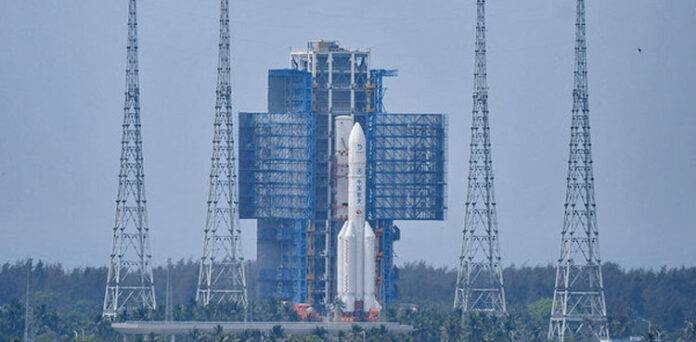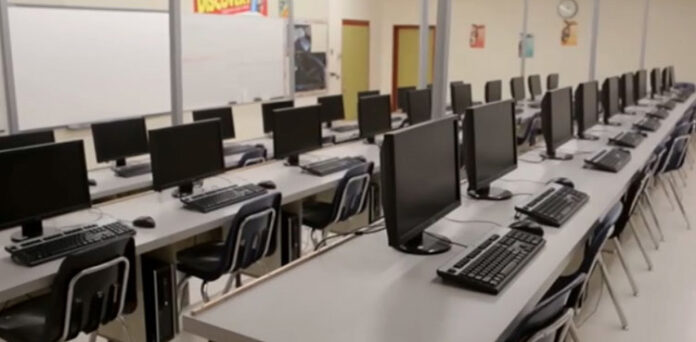Tech
Election 2024: TikTok rolls out tougher guidelines to counter misinformation, fake content

Business
Pakistan’s lunar mission ‘ICUBE-Q’ reaches the moon orbit.
Education
The establishment of IT labs in Islamabad’s educational establishments
Latest News
Pakistan launches first-ever lunar mission with iCube Qamar
-

 Latest News2 days ago
Latest News2 days agoTandoor de-sealing and worker release are mandated by court rulings.
-

 Latest News2 days ago
Latest News2 days agoProposal to smuggle diesel foiled by Customs
-

 Business2 days ago
Business2 days agoIMF technical specialists “arrive” in Pakistan to discuss loans and budgets.
-

 Latest News2 days ago
Latest News2 days agoThe Chief Minister of Punjab has given his approval for the implementation of a laptop scheme aimed at providing laptops to students.
-

 Business2 days ago
Business2 days agoPakistan has amassed $14.5 billion in foreign exchange reserves.
-

 Latest News2 days ago
Latest News2 days agoCalls on COAS from US Centcom commander
-

 Latest News2 days ago
Latest News2 days agoThe ‘clinics on wheels’ initiative is introduced by CM Maryam.
-

 Business2 days ago
Business2 days agoIn April, worker remittances rose by 27.9 percent year over year.
























